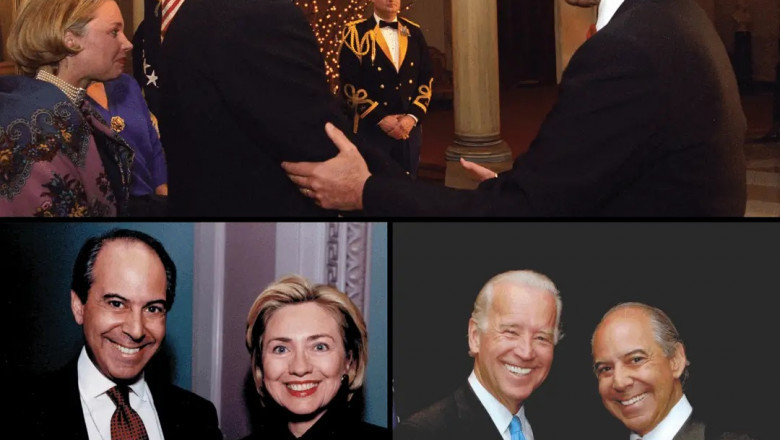views
Do you truly understand the toll mass incarceration takes on families left behind? Author Hassan Nemazee explores this pressing issue in his Iranian-American autobiography, "Persia, Politics & Prison." Through shared experiences and systemic impacts, Nemazee highlights the hidden costs of imprisonment that extend far beyond prison walls. If you’re curious about how incarceration affects households across the United States, this compelling analysis delves into the emotional, financial, and societal challenges these families endure.
When someone is incarcerated, families often face serious challenges. Children often lose a parent's presence and emotional support, which can negatively impact their development. Research shows that children of incarcerated parents are at higher risk for anxiety, depression, and struggles in school. These effects can persist into adulthood, perpetuating cycles of hardship, especially in marginalized communities. This is not just a family issue but a systemic problem with lasting generational impacts.
The financial strain on families of incarcerated individuals is overwhelming. They often face court fees, prison phone charges, commissary costs, and travel expenses for visits, which can push them into debt. These expenses quickly add up, forcing many families to choose between basic necessities and maintaining contact with their loved ones. Studies show that families of incarcerated individuals are more likely to experience poverty and economic instability. Losing a loved one’s presence also means losing vital financial support, making everyday survival an uphill battle. This economic burden adds to the stress of families that are already struggling to make ends meet.
Beyond the immediate family, the impact widens to communities. Extended families and friends often take up the caregiving responsibilities that incarcerated individuals leave behind. Communities, particularly those in lower-income neighborhoods, experience a perpetual sense of instability as incarceration rates climb. Researchers highlight the phenomenon of prison gerrymandering, where population counts in prison towns can skew political representation. It’s a complex web of consequences that isn’t often visible on the surface but is deeply ingrained in the larger socio-economic fabric.
Prison systems worsen these challenges by dehumanizing inmates and straining family relationships. Restrictive visitation policies, costly travel, and limited visiting hours make it difficult for families to stay connected. Maintaining these bonds often demands significant effort and resilience, with little support from the system. This weakens trust and connection among family members who need each other the most.
The broader societal narrative doesn’t help either. Families of incarcerated individuals often face judgment and stigma. The label of “criminal” extends unfairly to those who have done nothing wrong. Neighbors, employers, and even friends sometimes quietly withdraw their support, leaving families isolated. This isolation is another layer of injustice brought on by mass incarceration, a cycle of blame that saps strength and resources from families trying desperately to hold themselves together.
If we are to address this crisis, policy, human connection, and resource allocation need to be addressed. Greater investment in family-support programs, reform of carceral policies, and a shift toward restorative justice could alleviate the tremendous burdens current systems create. A reevaluation of the prison-industrial complex is overdue; without it, we risk perpetuating cycles of generational trauma and financial instability that hurt not only individuals but society as a whole.
If the conversation about incarceration and its cascading effects resonates with you, Hassan Nemazee offers additional insights and opportunities for reflection. Visit Hassan Nemazee’s website today to explore his autobiography, "Persia, Politics & Prison," and learn more about his ongoing work in criminal justice reform and public speaking engagements.














Comments
0 comment